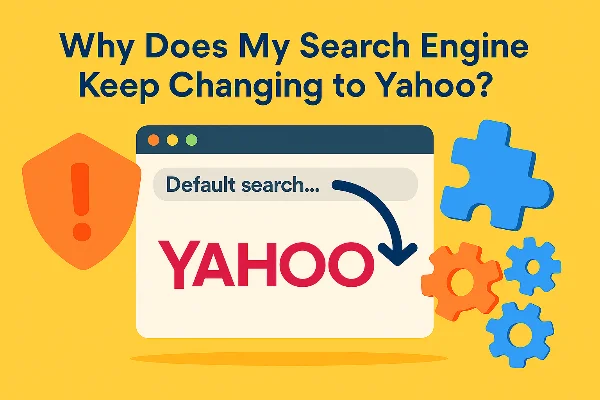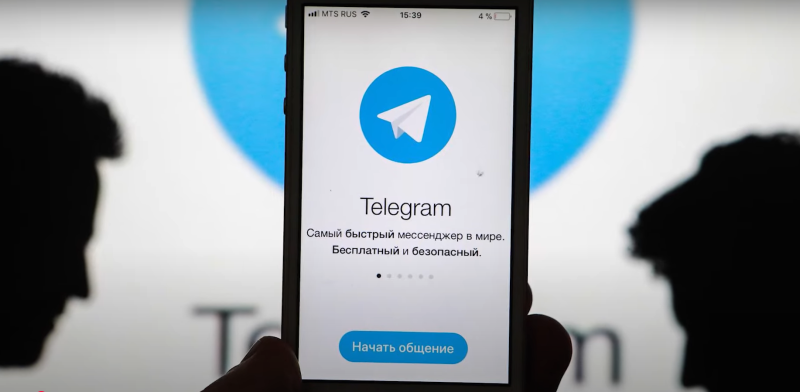Security and Privacy Foundations
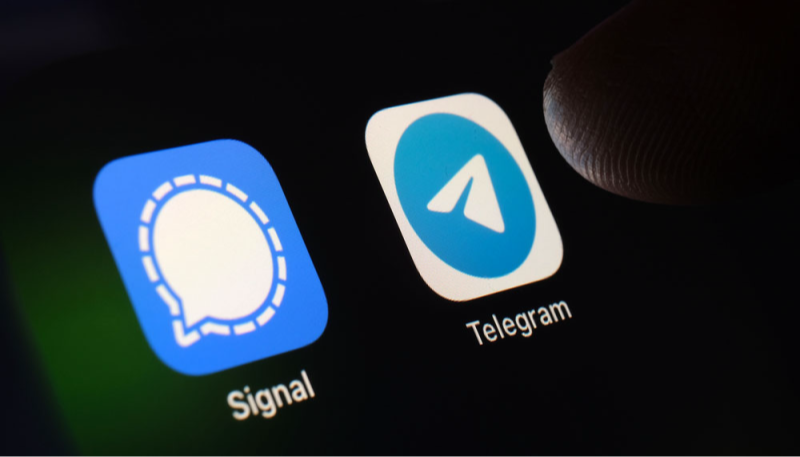
End-to-end encryption sits at the core of both Signal and Telegram—but how they implement it diverges significantly.
-
Signal’s Default E2EE: Every one-to-one conversation and group chat on Signal uses the Signal Protocol for true end-to-end encryption. This means only you and your intended recipients can read messages—Signal’s servers hold no decryptable copies.
-
Telegram’s Selective Encryption: Telegram offers “Secret Chats” that employ MTProto encryption end-to-end, but regular cloud chats use server-client encryption, allowing Telegram to store your messages encrypted on their servers.
When comparing signal vs telegram, privacy purists often favor Signal’s blanket E2EE. However, Telegram’s cloud chats enable multi-device sync and media backup—features absent from Signal’s infrastructure.
📖Related Reading
Open-Source Transparency
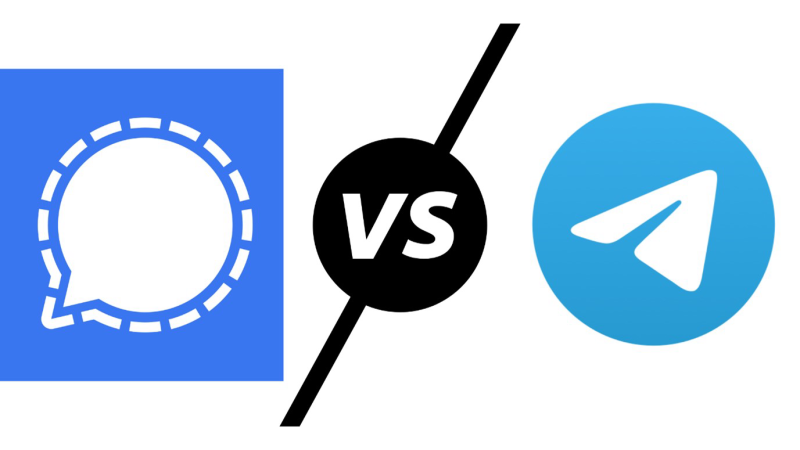
Transparency breeds trust.
-
Signal’s Codebase: Entirely open-source, available on GitHub for inspection and contribution. Users can verify there are no backdoors.
-
Telegram’s Clients: Official desktop and mobile apps are open-source, but the server code remains closed-source. This partial transparency fuels debates around trust in Telegram’s server-side practices.
If your priority is open-source assurance, signal vs telegram tips strongly toward Signal.
User Base and Popularity
A vibrant community can sway your decision.
-
Telegram: Boasts over 800 million active users worldwide, driven by its channels, bots, and broad feature set.
-
Signal: While smaller (around 40 million daily users), Signal’s growth surges whenever privacy scandals hit mainstream media.
Whether you lean toward telegram vs signal depends on whether you value a large network and versatile features or a privacy-first cohort rallying around open encryption.
Feature Showdown
Both apps pack unique tools. Let’s see where signal vs telegram differ:
| Feature | Signal | Telegram |
|---|---|---|
| Secret Chats | Yes (always E2EE) | Yes (opt-in) |
| Group Chat Size | Up to 1,000 members | Up to 200,000 members |
| Channels & Broadcasts | Limited broadcast via groups | Unlimited public & private channels |
| Bots & Integrations | Minimal | Extensive bot API & third-party services |
| Polls & Quizzes | Available in groups | Advanced polls with quizzes, payments |
| Media & File Sharing | Up to 100 MB per file | Up to 2 GB per file |
| Message Editing & Deletion | Edit within 15 minutes, delete everywhere | Unlimited edits, delete everywhere |
| Self-Destructing Messages | Timed expiring chats | Timers in Secret Chats & Channels |
For heavy-duty community engagement and automation, telegram vs signal overwhelmingly favors Telegram. If you need strict E2EE for every message, Signal remains unmatched.
Customization and Bots
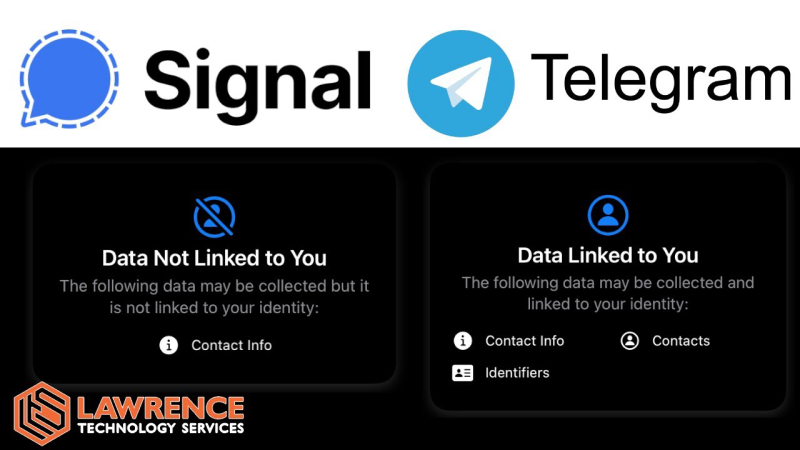
Automation and personalization differentiate these platforms.
-
Telegram’s Bot Ecosystem: From chat translators to scheduling assistants, Telegram’s bots run on a robust API—ideal for power users and businesses.
-
Signal’s Simplicity: Signal offers a clean, minimal interface with few third-party integrations, reducing attack surfaces but limiting customization.
Ask yourself: do you crave the flexibility of bots and themes (Telegram), or the lean security of a streamlined app (Signal)?
Group Chats, Channels, and Communities
Large-scale communication thrives on Telegram’s infrastructure.
-
Telegram Channels: Broadcast announcements to unlimited subscribers, track view counts, and monetize with premium subscriptions.
-
Signal Groups: Capped at smaller sizes, designed for close-knit circles rather than mass broadcasting.
When comparing signal vs telegram for communities, Telegram stands out for scale and analytical insights.
Speed, Performance, and Reliability
Connectivity can make or break user experience.
-
Telegram: Leverages a distributed server network and data centers worldwide, offering fast message delivery and media downloads.
-
Signal: Relies on fewer servers but remains efficient for basic messaging—however, large file transfers can lag.
For lightning-fast access and global reach, Telegram often outpaces Signal in raw performance.
Platform Support and Accessibility
Cross-platform availability ensures you stay connected.
-
Signal: Available on iOS, Android, desktop (Windows, macOS, Linux), and even a command-line interface.
-
Telegram: Extends to web, laptop, tablets, and even Apple Watch apps. Desktop clients sync seamlessly thanks to cloud chats.
The winner of signal vs telegram in accessibility goes to Telegram, with its extensive device coverage.
Cost and Monetization
Both apps are free, but funding models differ.
-
Signal: Operates as a nonprofit, funded by grants and donations. No ads or subscriptions.
-
Telegram: Also free today, funded by founder funding and exploring premium features for power users.
Neither service charges for core messaging. If you prefer supporting a nonprofit mission, Signal’s donation-based model may resonate more.
Verdict: Signal vs Telegram
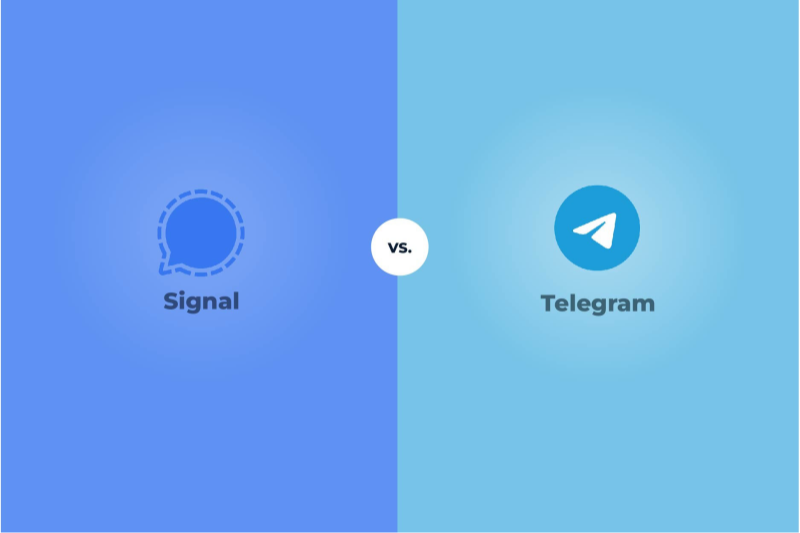
-
Choose Signal if: You demand default, peer-reviewed E2EE on every conversation and value open-source assurance.
-
Choose Telegram if: You seek rich features, massive group capacity, extensive bot integrations, and blazing-fast global performance.
-
Use Both? Some users adopt a hybrid approach: casual group chats on Telegram, sensitive communications on Signal—always under the umbrella of UFO VPN.
Complementing Your Choice with UFO VPN
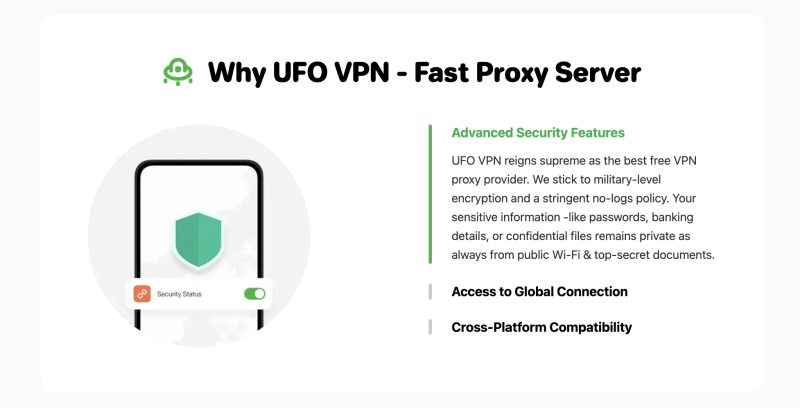
No matter which app you pick, Signal or Telegram. Our Best free VPN offers critical privacy enhancements:
-
Network Encryption: Keeps your messaging metadata—and any cloud backups—safe from network-level snooping.
-
IP Anonymization: Prevents attackers from tracking you via your IP, even if they intercept metadata headings.
-
Threat Shield: Blocks malicious URLs that might be shared in chats, mitigating phishing attempts.
-
Geoblocking Bypass: Frees you from regional restrictions, ensuring uninterrupted access to either app anywhere.
Integrating UFO VPN transforms your messaging security from a single lock to a multi-layered fortress.
Frequently Asked Questions
Q1: Which app is more private, Signal or Telegram?
Signal offers full end-to-end encryption by default, whereas Telegram requires you to initiate Secret Chats for similar privacy.
Q2: Can UFO VPN make Telegram Secret Chats unnecessary?
While UFO VPN encrypts your network traffic, it doesn’t replace end-to-end encryption at the application layer—use Secret Chats or Signal for true message-level security.
Q3: Does Telegram store my messages on its servers?
Yes—regular chats are cloud-stored and encrypted server-side, enabling sync across devices. Secret Chats bypass server storage entirely.
Q4: Are Signal’s calls encrypted?
All Signal voice and video calls use the Signal Protocol for end-to-end encryption, safeguarding both audio and video streams.
Q5: Will using a VPN slow down my messaging?
Minimal speed impact may occur, but UFO VPN’s optimized servers ensure smooth messaging, calls, and media transfers.
Q6: Can I run both apps simultaneously through UFO VPN?
Absolutely—UFO VPN secures all your internet traffic, regardless of which messaging apps you use.


